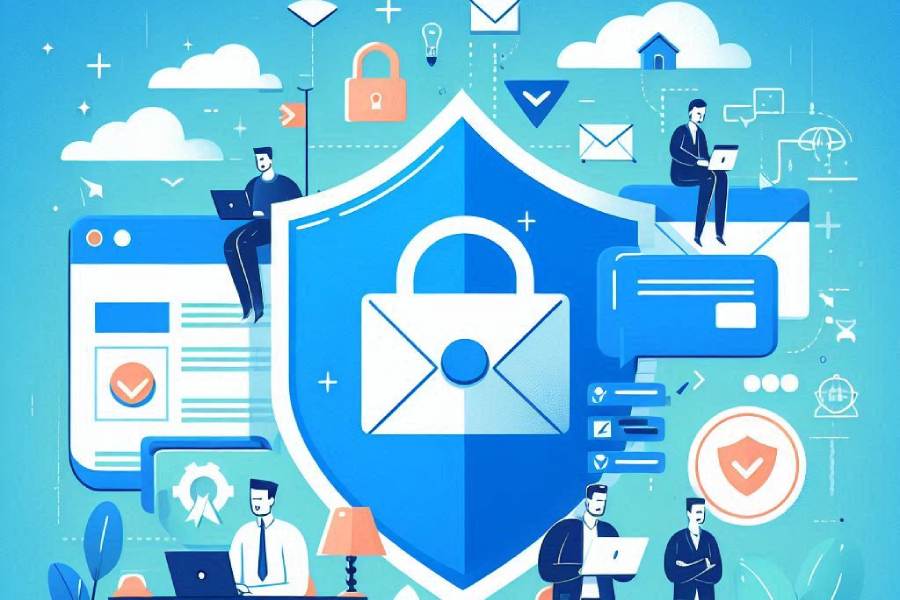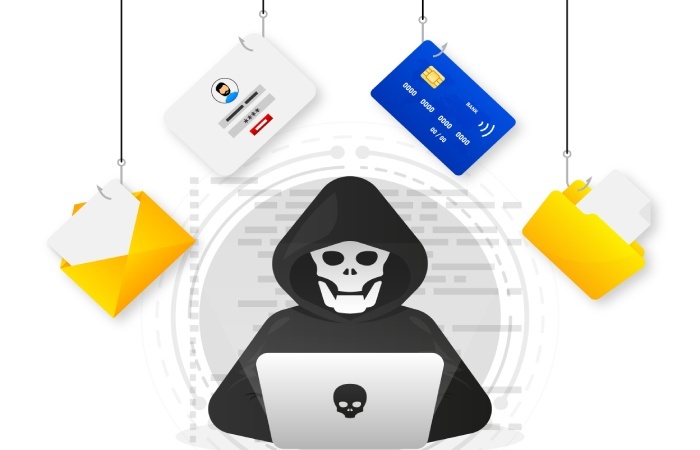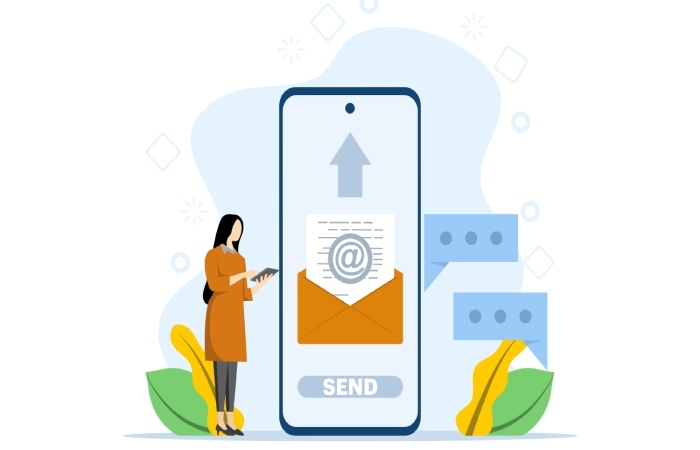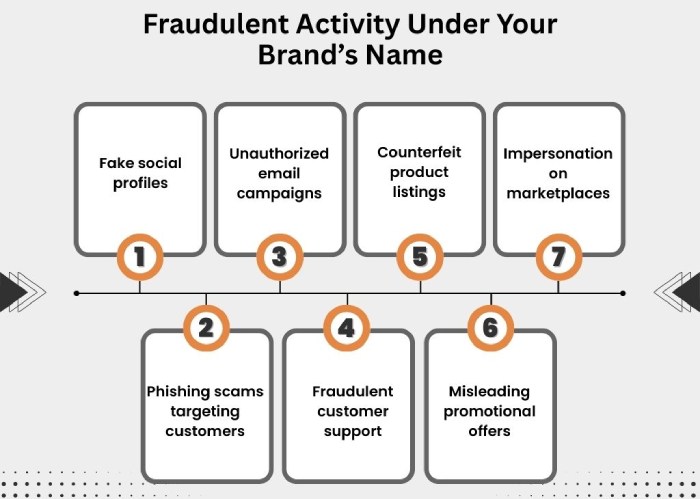How can real estate companies protect their emails with DMARC?
The real estate industry has evolved to be as digitally driven as any other industry, like finance and retail. From property listings to deal closures, everything happens online. Although it has made things a lot easier for the agent, seller, and buyer, this digital shift has also opened doors to cyberattackers.
Back in the day, you might not have even thought of the real estate industry as the prime target for cybercrime; after all, it was considered a local, relationship-driven business. But now that things have changed, the industry is now on the radar of cyberattackers. One of the easiest ways for these attackers to gain access is through email.
These attackers often send messages to your clients that seem like they’re coming from your company. This fake email could be about a new listing, payment requests, or even the submission of personal documents. What’s worse is that most of your clients might not even be able to spot this fake email, especially if it imitates the look and tone of your brand.
For a real estate company, even one such incident is enough to cause considerable financial losses and erode the trust they have built so far. The good news is, there is a way to prevent this all!
In this article, we will understand how DMARC or Domain-based Message Authentication, Reporting, and Conformance, works and how your real estate company can put it to use to protect your company.
Why is email a prime target in the real estate industry?
Real estate is a high-value, high-stakes industry where almost every deal involves making large payments, sharing sensitive information, and important documents. Now that most of the conversations around this happen over email, it becomes the most convenient entry point for attackers.
With such critical information being shared over email, attackers don’t really need to break into your systems; all they have to do is spoof your domain and send a convincing email to your client. Since it looks like your company sent the email, they are less likely to find it suspicious. And that’s exactly what the attackers want. They want your clients to trust the message enough to act on it and hand over all the important information to the attacker. This makes spoofed emails one of the most effective tricks for cybercriminals.
What is DMARC?
DMARC, as an email authentication protocol, is a tool that helps organizations protect their domain from misuse. If you have authenticated your domain with DMARC, you can rest assured that the email coming from your domain or pretending to come from your domain will be checked for authenticity before it reaches the recipient.
If the email is genuine, the receiving server lets it in and delivers it to the recipients. But if someone tries to spoof your domain and send a fake email, DMARC makes sure that it gets blocked, sent to spam, or flagged as suspicious.
Apart from this, DMARC also gives you detailed insights into who is sending emails on your behalf, how the receiving servers are handling them, and whether there are any unauthorized sources trying to use your domain.
For companies in the real estate industry, this kind of protection and visibility is really important. Since most of your critical communication, like property updates, payment instructions, and contract exchanges, happens over email, you cannot afford to let attackers impersonate your domain.
How does DMARC help these companies protect their emails?
By implementing DMARC, you are not just blocking fake emails; you’re essentially ensuring that every email that carries your company’s name is indeed real. This way, your clients can trust any communication that comes from you, whether it’s a property listing, a contract draft, or instructions for transferring funds. They no longer have to second-guess if an email is genuine, because DMARC makes sure impostors are stopped before their messages ever reach the inbox.
Now, let us understand how DMARC helps protect your clients against email-based fraud:
Secures financial transactions
As you know, real estate deals often involve large sums of money being transferred, and it naturally becomes a prime target for cybercriminals. Attackers often send spoofed emails with “revised” or “urgent” payment instructions, hoping clients will transfer money to fraudulent accounts. With DMARC in place, such emails are blocked or flagged before they ever reach your client’s inbox, ensuring that payment-related communication can be trusted.
Protect sensitive information
Again, sharing sensitive information and important documents is a routine part of any real estate transaction. Whether it is the client’s identity proof, loan documents, or previous ownership deeds, these files often move back and forth over email. Attackers know this and may send spoofed emails asking clients to “verify” or “resubmit” such documents, ultimately using them against the client.
DMARC stops these impersonated emails before they even reach the client. This way, both you and your client can be assured that the sensitive information is secure and is not falling into the wrong hands.
Maintains your brand reputation
Any fraudulent activity that happens under your brand’s name inevitably weakens the trust you have built with your clients. Even if you had nothing to do with these emails, your clients will associate fraud with your company whenever they see an email from you. In a business where credibility and trust are everything, DMARC protects your brand image by preventing attackers from misusing your domain to send fraudulent emails.
Wrapping up
The thing about implementing DMARC is that it is not complicated in theory, but in practice, you really have to get into the nitty-gritty and ensure that you have mapped out all your official sending sources, enforce the right policy, and are leveraging the reports properly to enhance your security posture further. No wonder it is very important to get DMARC implementation right, because in real estate, where almost every email carries important information like contracts or client data, there is little room for error.
Want to get started with DMARC implementation for your domain? Connect with DuoCircle today!




